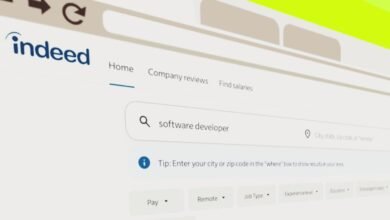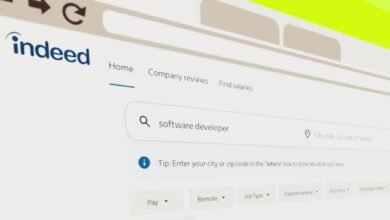Bill Gates Predicts AI Will Slash Work Week to 2 Days by 2035

▼ Summary
– Bill Gates predicts AI could enable a two-day workweek by 2035 by making intelligence commonplace and handling routine tasks.
– AI could revolutionize fields like medicine and education by providing accessible, high-quality advice and tutoring to address shortages.
– Critics argue that AI may not solve systemic issues in critical professions and can be unreliable, with biases in healthcare and inaccuracies in information.
– A shorter workweek has shown benefits in pilot studies, but AI currently aids creative tasks more than reducing workloads and faces ethical concerns over training data.
– AI’s significant environmental impact from energy and water use poses sustainability challenges, and its full societal effects remain uncertain.
Imagine a world where your work week shrinks to just two days, giving you ample time for hobbies, family, and personal growth. Bill Gates envisions artificial intelligence making this a reality by 2035, transforming how we approach careers and daily life. His prediction hinges on AI becoming so efficient and widespread that it handles much of our current workload, but this future raises important questions about feasibility and societal impact.
During a recent television interview, Gates shared his perspective on how AI could evolve. Drawing parallels to the computer revolution, he noted that just as processing power became cheap and accessible, artificial intelligence may soon make sophisticated problem-solving available to everyone. He suggested that intelligence itself could become a ubiquitous resource, fundamentally altering fields like healthcare and education. High-quality medical advice or personalized tutoring could be delivered by AI systems, potentially filling gaps where human experts are in short supply.
However, this optimistic outlook faces significant scrutiny. Critics point out that shortages in essential professions often stem from systemic issues like chronic underfunding and flawed infrastructure. Introducing AI tools without addressing these root problems might not yield the desired improvements. There are also serious doubts about the current reliability of AI, especially in high-stakes environments. For example, some AI-powered search engines have been known to provide incorrect answers, and diagnostic tools in medicine sometimes exhibit biases, performing less accurately for women and minority groups. These shortcomings could worsen existing disparities rather than resolve them.
Gates himself acknowledged the uncertainties surrounding this technological shift. He described the situation as uncharted territory, both thrilling and daunting. When asked whether human workers would still be necessary, he suggested that AI could manage the majority of routine responsibilities, leaving people free to focus on more complex or creative endeavors.
The idea of a shortened work week holds undeniable appeal. Multiple studies indicate that reducing work hours can lead to happier, more productive employees. A well-known trial in the United Kingdom found that the vast majority of companies that tested a four-day week decided to adopt it permanently, citing positive outcomes for both staff and business performance.
Despite these promising signs, many people report that AI has not yet significantly lightened their daily tasks. Current applications often involve creative assistance, such as generating text or images, which still require human oversight and originality. Furthermore, the development of these creative AI models has sparked controversy, as many were trained using copyrighted material without permission, leading to ethical concerns.
Another critical issue involves the environmental cost of advanced AI systems. Training and operating these models consumes enormous amounts of electricity and water, creating a substantial carbon footprint. Some tech firms have found it challenging to meet climate commitments while aggressively pursuing AI development, highlighting a tension between innovation and ecological responsibility.
Gates has also suggested that AI might eventually help address climate change through novel solutions, though such applications remain theoretical for now. Clearly, forecasting the full consequences of AI on employment, social structures, and the environment involves considerable guesswork. Gates’ hopeful projection represents just one of many possible futures.
Many of us have experienced the mixed benefits of AI tools in our own work. They can feel almost magical when generating ideas or drafting content instantly, yet they often produce errors that require careful correction. This reinforces the notion that, for the time being, AI serves best as an assistant rather than a replacement. The prospect of a two-day work week remains enticing, but whether it becomes a widespread reality will depend on overcoming substantial technical, ethical, and environmental hurdles.
(Source: African In Space)





